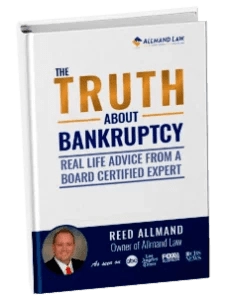
EA Founder Unable To Discharge Taxes In Bankruptcy

William M. Hawkins, III who founded the pioneering gaming company Electronic Arts (EA) has failed in his bid to have his taxes discharged in bankruptcy.
In a stinging 16-page opinion this week, US. District Judge Jeffrey S. White upheld an earlier bankruptcy-court ruling, saying Hawkins (above right) knew he was insolvent after the Internal Revenue Service disallowed his tax shelters but “continued to spend money extravagantly with knowledge of his tax liabilities” to the IRS and the California Franchise Tax Board. “Hawkins planned to defeat his taxes via bankruptcy and continue living the lifestyle to which he had grown accustomed,” the judge declared. Cited evidence included purchase of a $70,000 car-the fourth vehicle in a two-driver household.
The bankruptcy code states that while old taxes may be discharged in bankruptcy, they cannot be discharged if the debtor attempted to willfully evade or avoid paying taxes. The bankruptcy court ruled that not only did Hawkins avoid paying his tax debt , but that he also planned to have them discharged in bankruptcy “instead” of paying them.
If Hawkins had made some consistent and good faith efforts to pay his taxes after learning that he was insolvent, he may have been allowed to discharge some if not all of those taxes in bankruptcy. It’s also important to note that the IRS has rejected Hawkins’ offer to settle the tax debt for a lesser amount. The message for ordinary debtors is that you must make a good faith effort to pay your taxes. Planning on the bankruptcy process to discharge your taxes in the future is not an effective or even legal tactic.
(source: Blogs.forbes.com )






